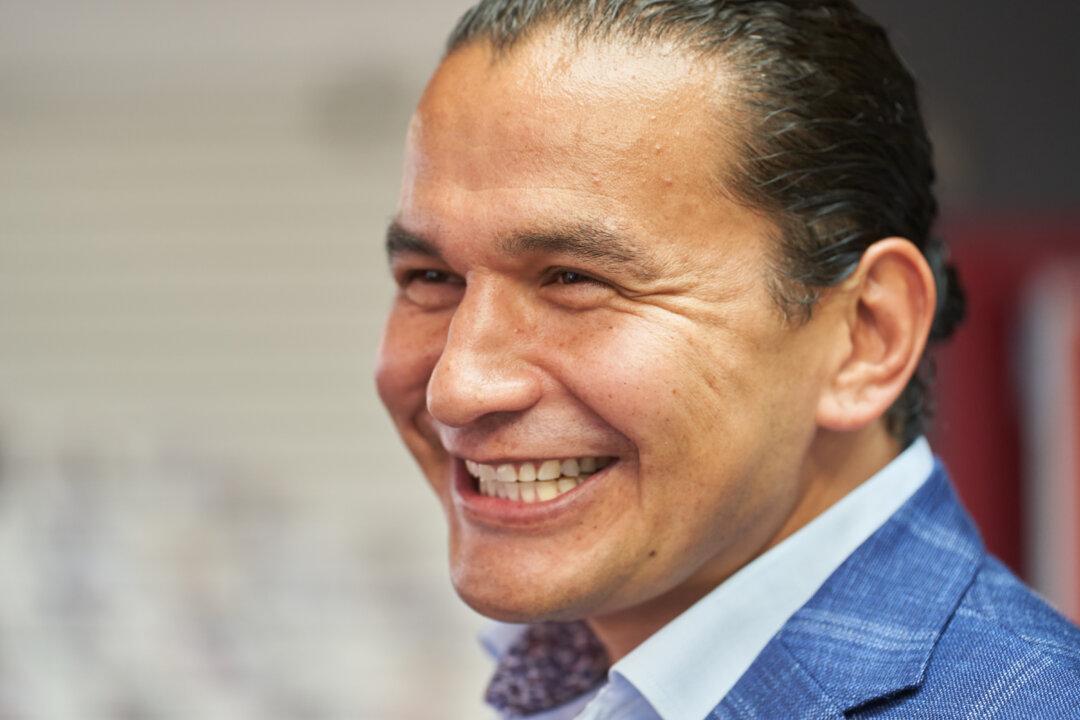Canada’s newest premier is also its most popular. Manitoba’s Wab Kinew is enjoying a post-election honeymoon with the highest approval rating among the country’s provincial leaders, closely followed by Saskatchewan Premier Scott Moe, according to a new Angus Reid poll.
Mr. Kinew, who led the NDP to a majority government in Manitoba’s Oct. 3 election, received a 57 percent approval rating from poll respondents while 54 percent said they approve of Mr. Moe’s leadership, up four points over the previous quarter.





